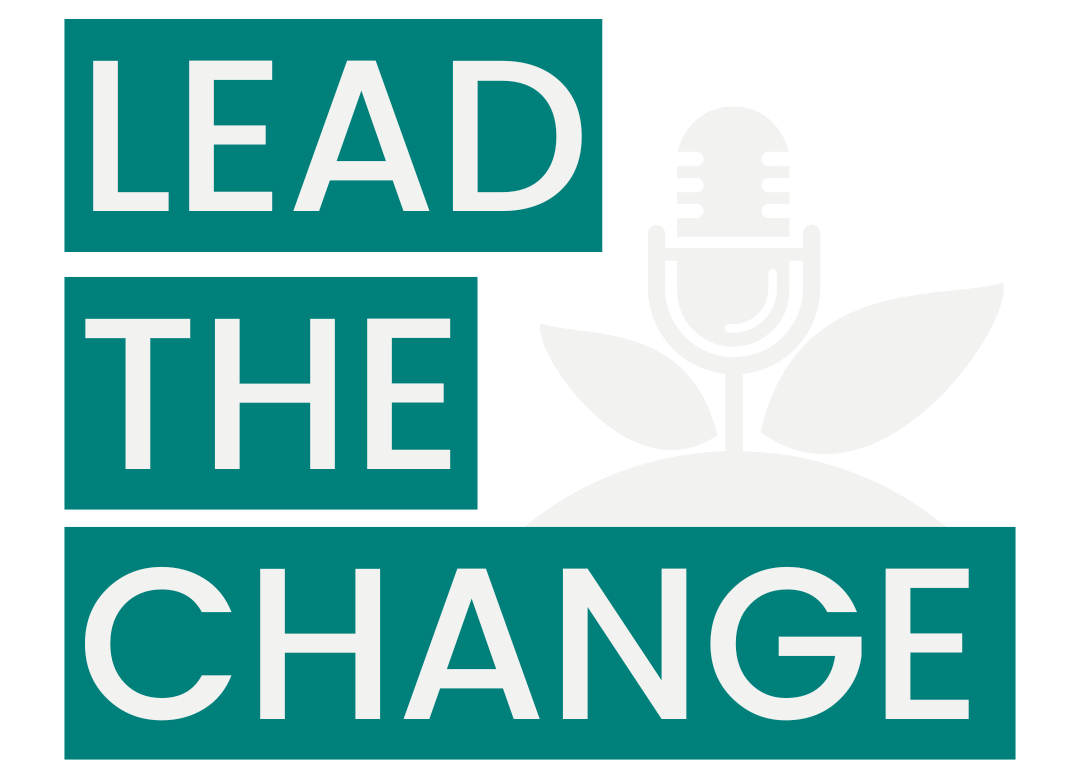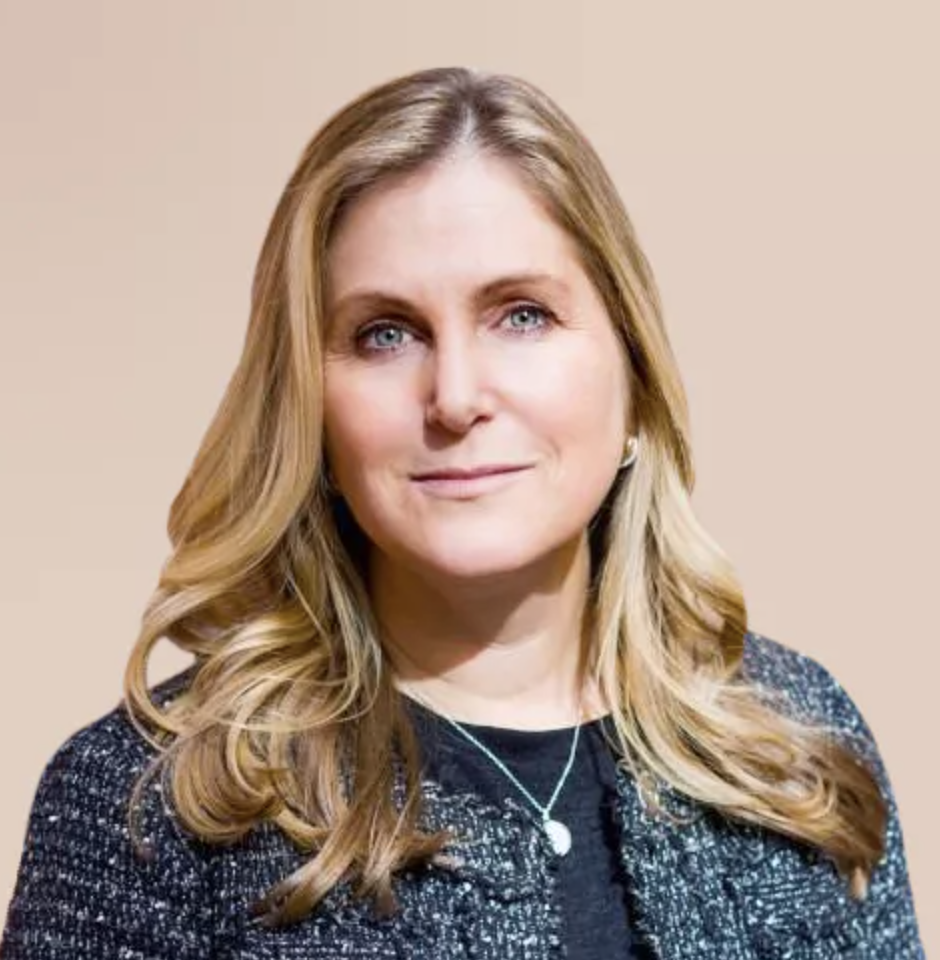Investigating and Impacting ESG Trends
Lisa Edwards is the Executive Chair of the Diligent Institute, the modern governance think tank and global research arm of Diligent Corporation. In her role, Lisa is responsible for expanding the institute’s position as the leading authority on governance, risk, compliance, audit, and ESG trends and insights.
Lisa previously served as President and Chief Operating Officer of Diligent Corporation, where she was responsible for commercial growth and performance, including global sales, marketing, customer success, services, partnerships, and 24/7/365 worldwide support.
How Lisa Got Involved in Environment Social Governance
Before joining Diligent, Lisa served as EVP of Strategic Business Operations at Salesforce after a finance leadership role running Global Corporate Services. Prior to Salesforce, Lisa led global strategic partnerships for Visa, Inc. as SVP/Head of Global Strategic Alliances and Global IP Strategy and earlier served in an operations role as Head of Global Corporate Services. Earlier in her career, she was a serial entrepreneur, serving as CEO of KnowledgeX, a venture-backed database startup which she led in a sale to IBM, and co-founder of Valubond, a fintech firm where she served as President, COO, and head of the ATS (Alternative Trading System) prior to its acquisition by Knight Capital.
Lisa on Gender Diversity in the Boardroom and Diverse Voices
“You know, the way that I think about it is, you know, if you have a board room that doesn't reflect what your employees look like or what your customer base looks like or what your supplier base looks like, can you really be sure that you're asking all the right questions and representing those, you know, those voices adequately in the boardroom? And I would suggest that the answer to that is ‘No,’ and that's why you want to have more diversity in the boardroom. But I do think we're making strides.”
Bard MBA’s Hannah Hintz speaks with Lisa for this episode of the Impact Report. Read an excerpt of this below.
Hannah Hintz: Reporting seems to grow with significance every year. How have things changed since you started in this space? And maybe you can talk a little bit about—especially in regards to ESG and board composition. I saw that you recently posted, “A Reason to Celebrate Women on Boards,” from the EU Parliament’s formal adoption of the new law on gender balance on corporate boards, so I'm curious: both global changes that you've seen, but also how that's reflected on the US stage?
Lisa Edwards: Yeah, you know, there's a couple of things that in that question. So, you know, ESG as a topic in the boardroom, and then there's diversity in the boardroom, which is of course, a component of ESG— and particularly the G in ESG.
But so maybe I'll start with ESG in the boardroom. And what we're seeing really is a sea change there. So, you know, a—a couple of years ago, pre-pandemic, they're—only about 20% of respondents said that they almost—they rarely or never discussed ESG in the boardroom. That number is down to 4% now. And my question on that is always like, “Who are these 4%?” How can you never be talking about ESG in the boardroom? It's—it's like literally almost impossible to—to avoid. And conversely to that, then the percentage who say that they discuss ESG at every single meeting or nearly every meeting has doubled. And that's now at about 35%—so, around a third of companies are talking about ESG-related matters at every single board meeting.
Which is really astonishing if you think back to 5 years ago, it really was not a topic in the board room, or it was a topic peripherally. For example, it might have been in a manufacturing company, they might have talked about, you know, workforce fatalities, or something like that and it was like, “Okay, well that's the, you know, care of our—of our employees, and that's sort of related to the ‘S,’ so yes, of course we talk about it.”
But—but really companies did not talk about, “What are we doing on climate? Have we filed CDP? You know, do we know what we're doing as it relates to our, you know, biodiversity? What about our water usage? What about our recyclability?”
Those are not things that—that companies talked about, much less some of the sort of COVID-related I would call issues around human capital management, workforce retention, mental health, and things like that, so I think it’s been, you know, a—a real change.
The other real change in the last couple of years is, of course, when Chairman Gensler came in in 2020. He put climate change at the top of his Regulatory Agenda. So, he actually put 2 things at the top of his regulatory agenda, one we have seen the initial things on, the other, we are, you know, kind of waiting to see what happens. The first was climate. And it was specifically climate kind of in the “Larry Fink” climate—you know—genre. It was climate as it relates to financial risk for companies and for investors.
And, you know, I think the reason that that has become so important to boardrooms, and to the SEC is—is all good reasons, which is a lot of companies have self-declared or self-reported, and they've said, “You know, I'm going to be net zero in 2030, or I’m going to be net zero in 2020, or I’m going to be net”—well, not 2020—”in 2040, or you know, I’m going to document my scope 3 emissions,” or whatever it is. And I think where, you know, where the SEC plays are role is, “How do we create a level—level playing field for investors, and how do we help them compare one company to another?”
It's very difficult to compare one company to another if they all have different baselines, if they're all doing different reporting, if they're all doing, sort of self-declared like, “Yeah, I'm doing great.” And so—so I think that that was sort of, you know, behind—if I could read the tea leaves—that's sort of what—what's behind some of the proposed regulations from the SEC. Which should be finalized—I just heard someone say—llast week—they think it'll be finalized on Earth Day next week because that’ll be a year anniversary from when they announced the first set, so.
So we'll see what happens there, but certainly there is more regulatory attention to that. That's always going to get a board's attention, because if it becomes the same as signing off on a financial statement to sign off on a sustainability report, there's a whole separate level of scrutiny that goes into that, including, you know, having a third party audit those data and really making sure that you understand the prominence, who's touched it, where’d it come from, do you trust it? So, you know, I think that there's a lot of—a lot of movement there.
As it relates to ESG in the boardroom around diversity, we've also seen movement there. So, we now have in the high 20’s in the United States in percentage of women in the boardroom.
You know, there's an interesting statistic that a friend of mine on the Mckinsey sort of data side came up with, and, you know, she was sort of laying out the the evolution of—of women as it relates to, you know, sort of how they show up in the boardroom. And, you know, you start at around 50-50 of the population. I'd say, go back even further, you start at 60% of women are graduating from college in the United States. So that—at that level, saying that we have a pipeline issue is simply false. There are more educated women at the college level than men at this point, and that's kind of the global trend. If you look around, to, you know, with some exceptions around the world depending on women's access to education and things like that.
But generally speaking, in the western world, women are going to college, and they're starting in the workplace at around 50% of white collar jobs. But by the time they get to the CEO of publicly traded companies—it’s less than 10%. And so—and we've been sort of chipping away at getting into the boardroom, so now it's, you know, depending on how you cut the data, you know, kind of in the 25-27% range.
That varies a lot from companies—or countries like France. In France, it's 42%, and the reason for that is—it's 42 or 43, don't quote me on that one—it might be—I might be a percent off—but—but the—the French instituted a law a number of years ago to say boardrooms should be 40% women. It has not degraded the quality of—of the decisions in the boardroom, but it has increased the number of women in the boardroom. And so several companies—several countries in the EU followed. And then recently the EU came out with their 40% rule. And California did something similar a couple of years ago. It was—it was struck down as—as a, you know, not a legitimate law, so but in the time that it did that, it actually did move the needle a little bit in terms of getting women on boards in companies that were based in California. So, you know, I will—I will leave for another day the whole debate on whether it should be a regulatory issue or whether it should simply be the right thing. You know, the way that I think about it is, you know, if you—if you have a board room that doesn't reflect what your employees look like or what your customer base looks like or what your supplier base looks like, can you really be sure that you're asking all the right questions and representing those, you know, those those voices adequately in the boardroom? And I would suggest that the answer to that is, “No,” and that's why you want to have more diversity in the boardroom. But I do think we're making strides.
The other thing that's—that's come up in the last couple of years that's a little bit different is the—the skillset is evolving. So, there's always going to be a role for having a former CEO in the Boardroom, there's always going to be a role for having a former CFO on, you know, a publicly traded company, heading up the audit committee. But you don't necessarily need 5 of those. Having folks with more recent operating experience, having—having the, you know, Gen Z that has, you know, digital—digital natives—on the board having, you know, it's just experience and things like sustainability, HR, and IT is becoming a more common skillset in the board room. And—and so I think we'll continue to see, and because the the the people that represent some of those skillsets, you know, look a little different than—than some of the historical cohorts here, I think—I think that we will continue to see the diversity of the boardroom grow. And I think for all the right reasons, because boards are kind of open to bringing on people to have the right skillset and fill any gaps that they may have, as it relates to, you know, sort of how they—how they can address modern issues in the boardroom, which are not the same issues that there were 10 years ago.





